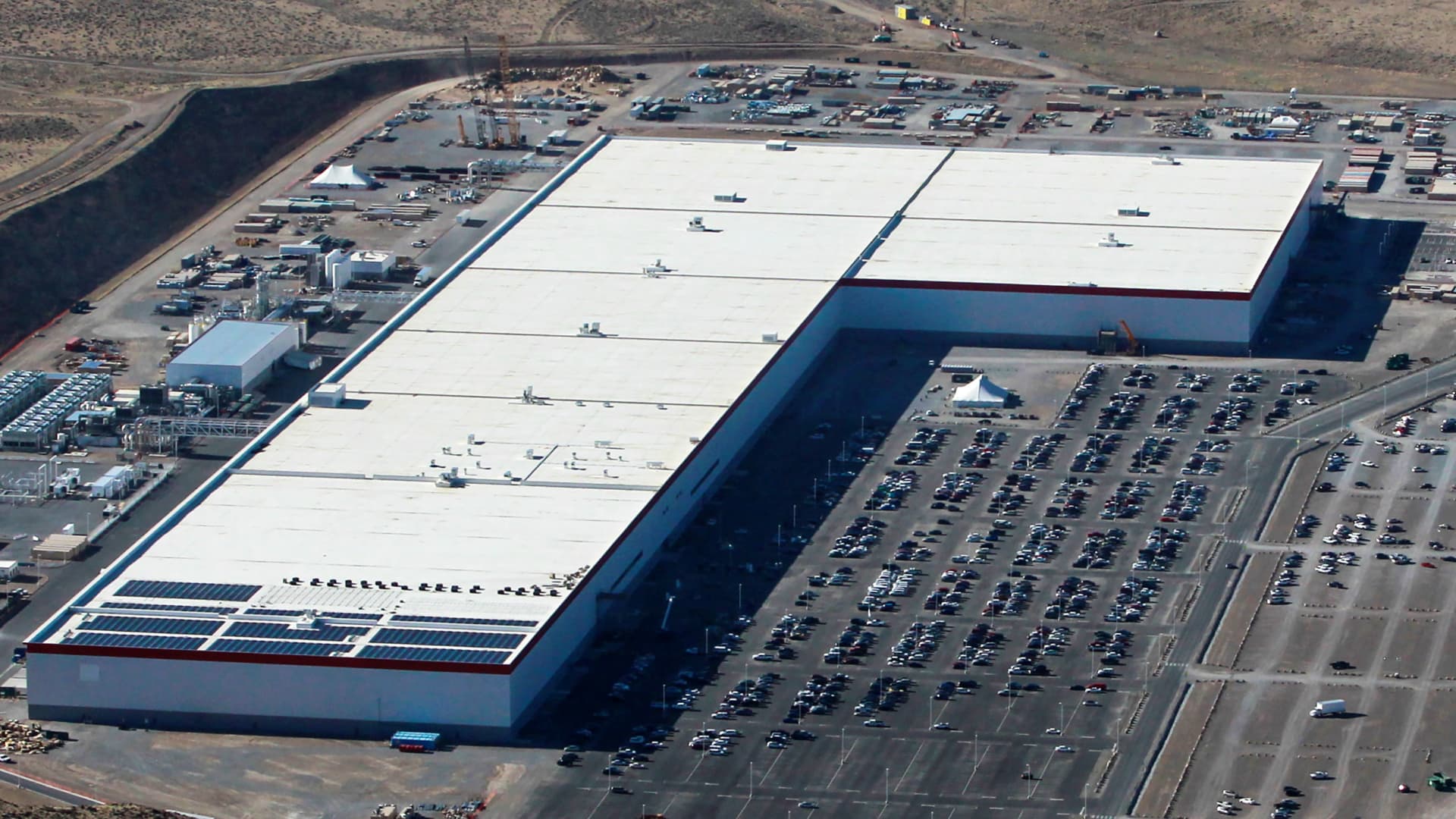
New Mexico has reached a record settlement with a Texas-based company over air pollution violations at natural gas gathering sites in the Permian Basin.
The $24.5 million agreement with Ameredev announced Monday is the largest settlement the state Environment Department has ever reached for a civil oil and gas violation. It stems from the flaring of billions of cubic feet of natural gas that the company had extracted over an 18-month period but wasn’t able to transport to downstream processors.
Environment Secretary James Kenney said in an interview that the flared gas would have been enough to have supplied nearly 17,000 homes for a year.
“It’s completely the opposite of the way it’s supposed to work,” Kenney said. “Had they not wasted New Mexico’s resources, they could have put that gas to use.”
The flaring, or burning off of the gas, resulted in more than 7.6 million pounds of excess emissions that included hydrogen sulfide, sulfur dioxide, nitrogen oxides and other gases that state regulators said are known to cause respiratory issues and contribute to climate change.
Ameredev in a statement issued Monday said it was pleased to have solved what is described as a “legacy issue” and that the state’s Air Quality Bureau was unaware of any ongoing compliance problems at the company’s facilities.
“This is an issue we take very seriously,” the company stated. “Over the last four years, Ameredev has not experienced any flaring-related excess emissions events thanks to our significant — and ongoing — investments in various advanced technologies and operational enhancements.”
While operators can vent or flare natural gas during emergencies or equipment failures, New Mexico in 2021 adopted rules to prohibit routine venting and flaring and set a 2026 deadline for the companies to capture 98% of their gas. The rules also require the regular tracking and reporting of emissions.
Ameredev said it was capturing more than 98% of its gas when the new venting and flaring rules were adopted, and the annual capture rate has been above 98% ever since.
A study published in March in the journal Nature calculated that American oil and natural gas wells, pipelines and compressors were spewing more greenhouse gases than the government thought, causing $9.3 billion in yearly climate damage. The authors said it is a fixable problem, as about half of the emissions come from just 1% of oil and gas sites.
Under the settlement, Ameredev agreed to do an independent audit of its operations in New Mexico to ensure compliance with emission requirements. It must also submit monthly reports on actual emission rates and propose a plan for weekly inspections for a two-year period or install leak and repair monitoring equipment.
Kenney said it was a citizen complaint that first alerted state regulators to Ameredev’s flaring.
The Environment Department currently is investigating numerous other potential pollution violations around the basin, and Kenney said it was likely more penalties could result.
“With a 50% average compliance rate with the air quality regulations by the oil and gas industry,” he said, “we have an obligation to continue to go and ensure compliance and hold polluters accountable.”


























































